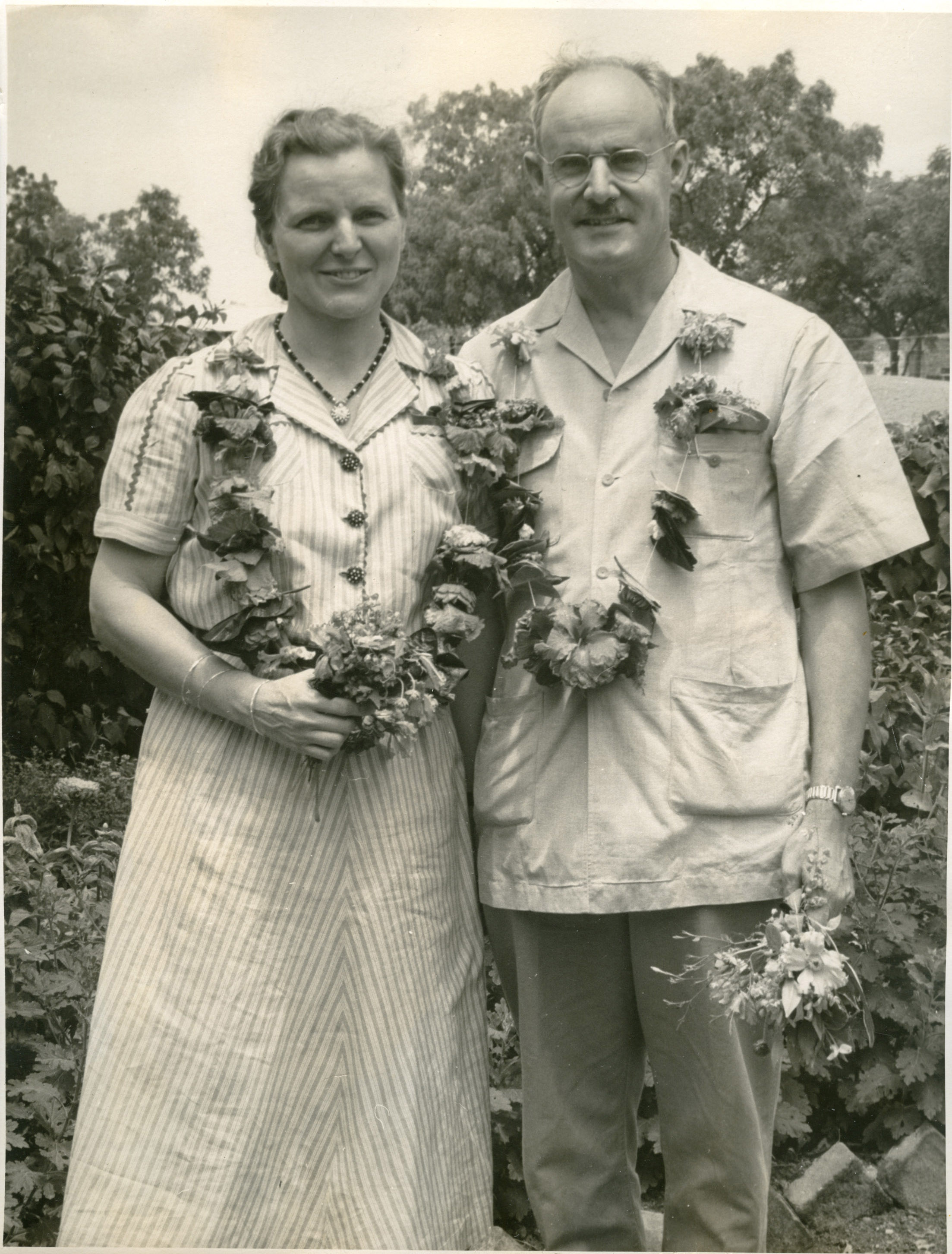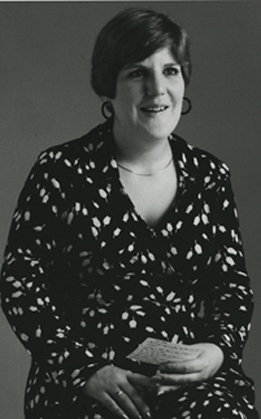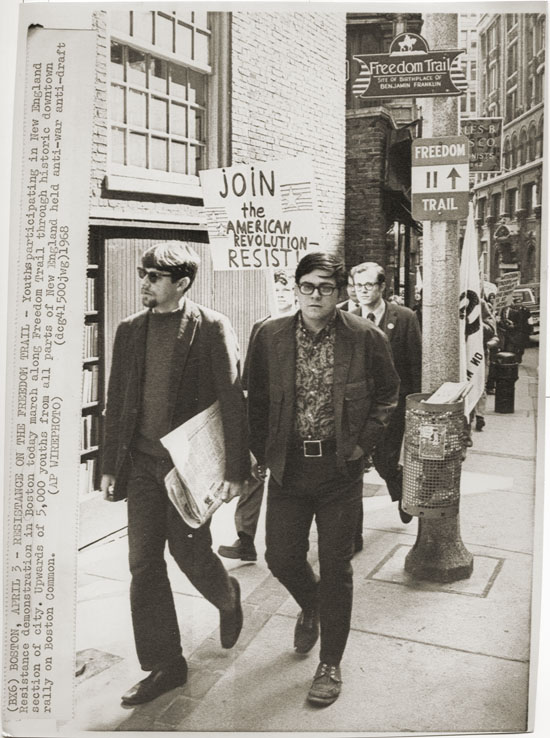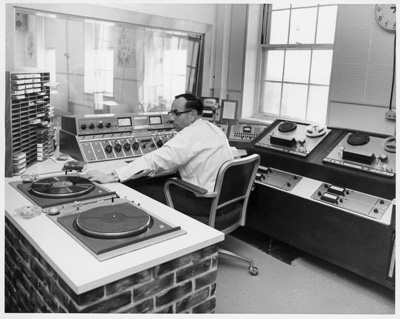The 1960s and 1970s were decades rich with activist organizations intent on radically transforming U.S. politics and society as well as striving to end racial and gender inequality. One such group was Students for a Democratic Society (SDS). Launched in 1962, with the infamous Port Huron Statement, SDS helped the nascent anti-Vietnam war movement gain traction in 1965 by organizing the first national demonstration in Washington, D.C. Over the course of the next four years, the organization grew at a rapid pace, claiming over 300 chapters under its moniker. Arguments over tactics and strategy culminated during an eventful national convention in June of 1969 in which three factions, all claiming to represent “the true SDS”, split the organization apart.
The most notorious of these factions was the Weathermen, (later renamed the less patriarchal Weather Underground Organization [WUO]). The WUO aimed to spark revolution in the United States, initially, through the use of targeted political bombings, political communiques, and support of Black liberation movements. Following the March 1970 accidental self-bombing of three of its New York collective members, Ted Gold, Diana Oughton, and Terry Robbins in a New York townhouse owned by Cathy Wilkerson’s father, the organization opted to conduct more targeted bombings where no one would be hurt.
After two-to three-years of high-profile bombings, including the U.S. Capitol, Pentagon, corporate buildings, and law enforcement institutions, with minimal impact, the organization began to consider how to regain influence with the greater Left. This began WUO’s “inversion” phase which included the publication of a book/manifesto titled Prairie Fire, the establishment of the Prairie Fire Organizing Committee, and a periodical, Osawatomie. The WUO’s Central Committee believed that this inversion strategy would allow them to influence and lead the greater anti-war/anti-imperialist movement.
The inversion strategy did not spark the all-encompassing revolution imagined by the WUO and members slowly began to surface, breaking apart the organization in the mid-late 1970s. While the WUO did not accomplish what they set out to do, their extreme tactics and notoriety with the FBI left lasting impressions on American society and the history of activism in the 1970s.
This small collection of materials donated by a member of the WUO includes books, pamphlets, manuscripts, notes, military manuals, maps of correctional facilities, and correspondence between members from 1973 to 1978, many of them coded through the use of letters replacing names. It also holds papers critical of the WUO written by its own members between 1976 and 1978. This represents the period when Clayton Van Lydegaf gathered members in his “Cadre School”, to rigorously analyze and document how the organization fell apart, including a transcript from a recorded interview session in which Bernadine Dohrn repudiated all methods and practices of the WUO. These papers reflect the power struggle seen later within the WUO, as well as the contempt that many of its members grew to nurture for the organization as it strayed from its original purpose.
The collection also contains many political papers on subjects such as women and their place within the WUO, the anti-fascist movement, Black liberation movements, imperialism, and the origins of fascism. It also holds accounts of the WUO’s history, along with critiques, notes, and adaptations for their manifesto, Prairie Fire.
Gift of Jeff Perry, 2021







